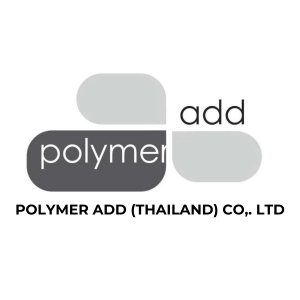Grinding aids are additives used during the grinding process to improve the efficiency and effectiveness of grinding operations. When it comes to grinding low temperature resins, certain grinding aids can be particularly beneficial in reducing friction, heat generation, and improving the overall grindability of the material. Here are some grinding aids commonly used for grinding low temperature resins:
Lubricants
Lubricants such as mineral oils, vegetable oils, or synthetic oils can be used as grinding aids to reduce friction between the grinding media and the resin particles. This helps in minimizing heat generation and prevents the resin from softening or melting during grinding.
Coolants
Coolants, including water-based or oil-based coolants, can be used to dissipate heat generated during grinding and maintain a lower temperature in the grinding zone. Coolants help in keeping the resin in a solid-state during grinding by preventing excessive heating.
Polymeric Additives
Certain polymeric additives, such as polyethylene glycol (PEG), polyvinyl alcohol (PVA), or cellulose derivatives, can act as grinding aids for low temperature resins. These additives improve the flowability of the resin particles, reduce agglomeration, and provide lubrication during grinding.
Anti-adhesive Agents
Anti-adhesive agents, such as stearic acid or its derivatives, can be used as grinding aids to prevent the resin particles from sticking to the grinding equipment or forming agglomerates. This helps in maintaining a uniform particle size distribution and improves the efficiency of the grinding process.
Surfactants
Surfactants are surface-active agents that can reduce the surface tension between the resin particles and the grinding media, leading to improved dispersion and grinding efficiency. Non-ionic surfactants are often preferred for grinding low temperature resins as they are less likely to interfere with the resin properties.
Inert Fillers
Inert fillers, such as silica, calcium carbonate, or talc, can be added to the resin as grinding aids to dilute the resin and improve its grindability. These fillers act as abrasive agents, facilitating the grinding process while reducing the risk of softening or melting.
Nano-sized Particles
Nano-sized particles, such as nanoparticles of silica or alumina, can be used as grinding aids to enhance the abrasive action and reduce friction during grinding. These nanoparticles provide a high surface area for interaction with the resin particles, leading to improved grinding efficiency.
